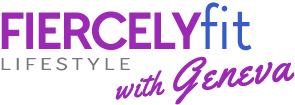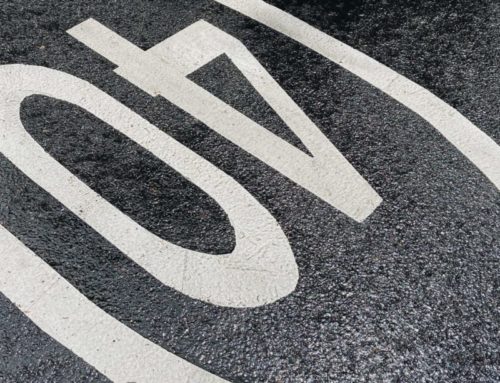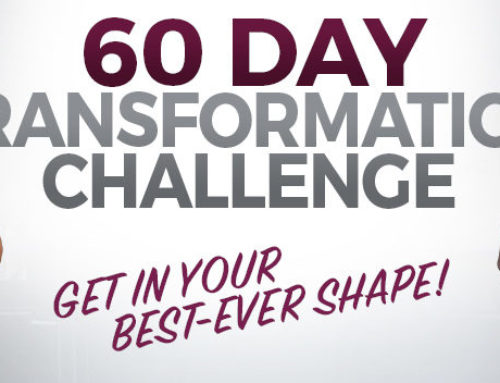The United States is in a health crisis.
Even before the Covid-19 Pandemic, Americans were facing issues such as chronic disease, suicide, and other mental health illnesses.
Add in a once-in-a-generation pandemic, and Americans saw a g drop in life expectancy in the first half of 2020.
According to new data from the Centers for Disease Control (CDC),
Life expectancy among American adults dropped by 1 year—the biggest dip since World War II—in the first half of 2020
In the first half of 2020, life expectancy at birth for the total US population was 77.8 years, declining by 1.0 years from 78.8 in 2019.
Life expectancy at birth for males was 75.1 years in the first half of 2020, representing a decline of 1.2 years from 76.3 years in 2019.
For females, life expectancy declined to 80.5 years, decreasing 0.9 years from 81.4 years in 2019. (Source: Center for Infectious Disease Research and Policy, University of Minnesota)
Goal: Age Better
Blue Zones are areas in the world where people live much longer than average. The designated Blue Zones are:
- Ikaria, Greece
- Okinawa, Japan
- Ogliastra Region, Sardinia
- Loma Linda, Calif
- Nicoya Peninsula, Costa Rica.
Blue Zone practices aren’t just about reaching a number. These practices are about reaching a number with vitality and high quality of life!
I tell my clients that I want them to Age Better. I want my clients to have a long life and be able to enjoy it as much as possible.
This means being able to age in their homes, play with grandchildren, go on vacation, and to be able to continue doing activities that they enJOY.
Keep in mind that these Blue Zone practices are lifestyle habits and not all-or-nothing quick fixes. EveryBODY is different and we need to find what works for us and our bodies.
Best Practices from the World’s Blue Zones
1. Aim for Plant Based Nutrition
The Standard American Diet (SAD indeed) is filled with processed foods and sugar.
I believe that too much sugar and processed junk is the real culprit to why the SAD has caused so much chronic disease.
Whenever people tell me they want to improve their nutrition, I give them this tip: Eat more Veggies.
A 2019 study determined that adults who adhered to a healthy plant-based diet (more whole grains and fewer processed carbohydrates) benefited from a lower risk of early death from ailments like heart disease (Baden et al. 2019).
Action Steps
- Eating plant-based does not mean you have to become a vegan.
- Eating a more plant-based nutrition plan can mean eliminating meat from some of your meals, making vegetables the focus of meals, and experimenting with international recipes that don’t call for as much meat.
2. Eat most of your calories earlier in the day
Remember the old saying: Eat Breakfast like a king, lunch like a Prince, and dinner like a pauper?
There is a lot of wisdom in that statement!
The long-living people of Nicoya and Loma Linda tend to eat their largest meals early in the day and end with smaller dinners (Buettner 2008).
Of course, it makes sense that eating larger meals earlier in the day means that you would have more fuel for your waking hours. Eating too soon before bed may inhibit you from getting a restful night’s sleep.
Action Steps
- Front-load your calories by eating larger meals at breakfast and lunch.
- Aim to eat dinner 3 hours before bed.
3. Eat Mindfully
The Japanese practice of eating until you’re 80% full is called hara hachi bu.
We cannot notice that we are 80% full if we’re distracted from our meal by scrolling social media, watching Netflix, chowing down food from the drive-thru, or wolfing down cold takeout and snacks while standing to break up the monotony.
Action Steps
- Practice eating slowly by not taking another bite until you’ve finished the first bite. Be mindful of your meal.
- How does it taste? Are you enjoying it? Do you want more or are you just wanting to feel stuffed?
- FOCUS on your meal without distraction.
4. Get up and Move!
One of the worst aspects of the Covid-19 pandemic was that daily movement went downhill for most people and especially for older adults who were staying inside and not able to engage in their normal routines such as grocery shopping.
Action Step
- Keep it simple: 150 minutes of exercise per week.
5. Sleep
A lack of sleep has an effect on everything from food intake
(you crave more sugar when sleep-deprived) to memory (studies are linking lack of sleep to cognitive decline)
Action Steps
- Aim for 8-10 hours of sleep per night. Put the phones away, Turn off the TV, and establish a regular bedtime.
- Put on a podcast, a meditation, or a relaxing meditation to help you get a good night’s rest.
6. Live on Purpose with meaning
Have a reason to get out of bed in the morning.
Posting on Facebook isn’t a reason to get out of bed in the morning. In fact, if you’re finding your meaning and fulfillment on social media then it’s time to log off.
Action Steps
- How can you affect change in your community? Who can you serve? These questions can help you to live on purpose.
- The most energetic 80-year-olds I know are those who are still serving, still moving, and still have causes they are passionate about.
7. Go Outside
Americans, on average, report that they spend 87% of their time indoors and an additional 6% enclosed in their vehicles (Klepeis et al. 2001).
Staying inside all of the time is not good for mental health and it’s also not good for Vitamin D intake which helps so many of our metabolic processes.
Action Step
- Get outside for at least 30-60 minutes per day and enjoy the fresh air.
8. Limit Social Media Usage
Social Media isn’t all bad but it does give users a false sense of connection.
Excessive social media consumption can promote anxiety because we do not possess the capacity to know everything about everything instantaneously and because of the Fear of Missing Out. (FOMO)
Social media can also be a time-sucker. How many times have you been scrolling and then realize an hour has gone by?
For an investigation carried out at the University of Pennsylvania, 140 people continued their regular use of social media platforms or were limited to 10 minutes a day (per platform) on Facebook, Instagram and Snapchat (30 minutes total).
The people who trimmed their social media use (which, in turn, should have reduced screen time) reported feeling less lonely, anxious and depressed, as well as experiencing less “fear of missing out,” or FOMO (Hunt et al. 2018).
The Covid-19 pandemic taught me to have a real appreciation for my real-life relationships and to not take for granted meeting together in person.
Action Steps
- Social Media Blackouts: I have days where I don’t go on social media at all.
- I set timers so that I don’t find myself mindlessly scrolling
- Get off social media and talk to real people.
9. Get into a Healthy Community
Isolation and Loneliness is an American tragedy.
The individualistic mindset that most Americans embrace is not how we were created. It is not good for people to be alone.
Action Steps
- Get out of your rut find your people! What do you like to do? Start a book club! What are you passionate about? Join the cause!
- Even joining a virtual group is better than nothing. I enjoyed several virtual small groups during the pandemic. It’s a great thing to be seen, heard, and to realize you’re not the only one facing challenges.
I hope you take at least one of these Blue Zone practices and put it into action. Remember Health and Longevity are results of your Lifestyle!
If you’d like to read more about the Lessons from the Blue Zones, then click here.






Leave A Comment